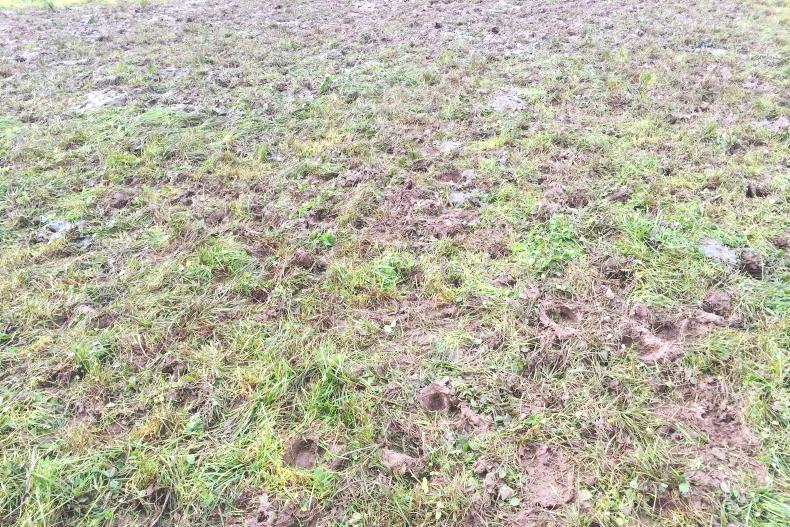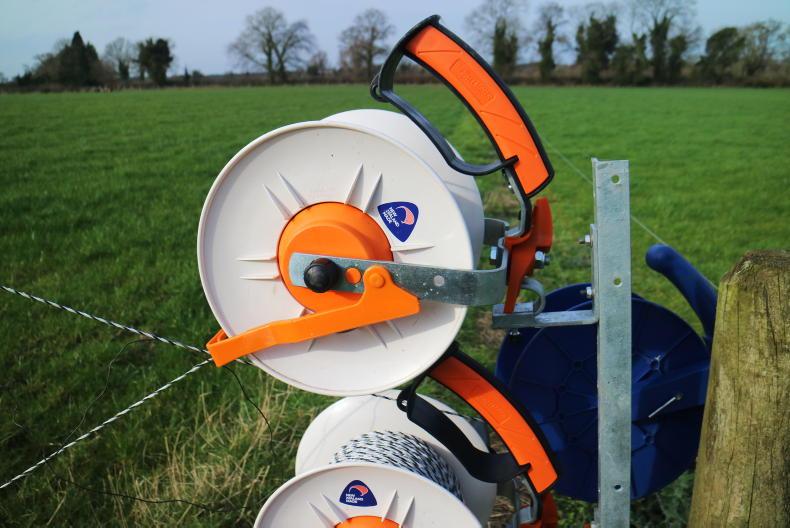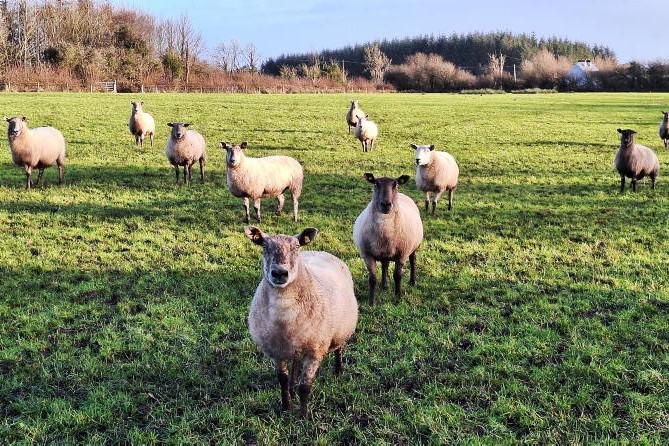So the wet weather which alluded most farmers for all of February has finally come to pay a visit.
It’s an unwelcome visitor, but, at the same time, it's part and parcel of managing grass in springtime.
The first thing to say is that it’s easier to manage it in March than it is in February.
Larger groups of cows mean the area being grazed per day is larger, so it’s easier to get access to roadways, water troughs and gaps.
The flip side to that is that larger areas are being grazed now, so if damage is being done, it’ll be done on a larger scale.
Weather breaks
The second thing is that land will dry out quicker now than in February, which means that windows of weather breaks should be easier to get now compared to in February.
That is presuming it stops raining long enough for land to start drying out, but looking at the forecast this week, it doesn’t seem likely that there’ll be any drying this week.
For those who have too much of the farm grazed by now (more than 65%) and have a low average farm cover, then leaving the cows in the shed might be the best place for them.
For those who have been disciplined all along and are on target for area grazed and average farm cover and are on reasonably dry land, then they should still aim to get grass in the diet despite the weather.
Secret
On-off grazing is likely to be most the important tool this week. This involves letting cows out to grass for three hours at a time.
The secret with on-off grazing is to make sure that cows have an appetite for grass when they do go out grazing and this usually means locking them away from silage for two or three hours prior to turnout.
Intakes should not decrease when on-off grazing. Instead, the time that cows are eating is adjusted to fit in with the time that they are grazing.
Avoid grazing very high covers during wet weather - pre-grazing yields of 1,100kg to 1,300kg DM/ha are probably best during wet weather.
Grazing square sections is preferable to grazing long narrow strips, as cows do less walking in a square section.
Where youngstock have been out grazing, it may be better to pull them off it for the week, particularly where damage is being done. Youngstock are harder to manage in wet weather than milking cows.









SHARING OPTIONS